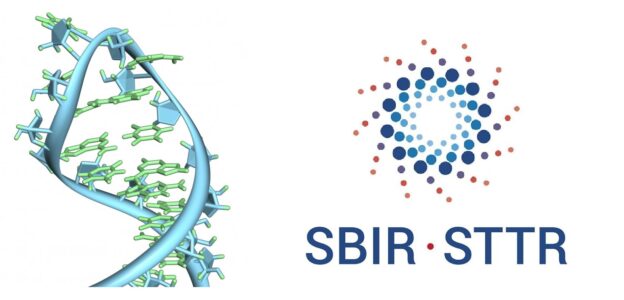The Washington Post this month ran an article about Katalin Kariko, a biochemist who, along with her colleague Drew Weissman, developed a technique to modify messenger RNA (mRNA) to allow it to be used in vaccines, as well as in other gene therapy applications. This technology forms a foundational component of the Pfizer and Moderna COVID-19 Vaccines.
The article details how Kariko and Weissman developed and patented their mRNA technology, and founded a company, RNARx, to further develop and commercialize their product. Their technology was ahead if its time, and the company struggled early on to find investment or win grants. They did, however, win an NIH STTR Phase I in 2007 and Phase II in 2009 for treating anemia that helped them develop their technology:
“They published their findings and patented the work in 2005. A year later, Kariko and Weissman founded a company called RNARx to commercialize this modified RNA. They won a small-business grant from the National Institutes of Health with the idea messenger RNA could be used to treat anemia.
The idea was ahead of its time. Two biotechnology companies — BioNTech in Mainz, Germany, and Moderna in Cambridge, Mass. — would recognize the potential even as RNARx struggled to find investors.”
Kariko would later accept a position as Vice President at BioNTech, where she would continue her work developing modified mRNA for theraputic use. Over the past year she and Weissman have received over a dozen awards from the medical community for their work on this technology, and they are both considered contenders for a Nobel prize in medicine in the future.
This great success story highlights the critical role that the SBIR/STTR programs play in providing funding to high-tech small businesses to help them develop next-gen technologies. Even when a technology is as potentially groundbreaking as mRNA vaccines, investors are often wary without a clear and immediate path to commercialization. The SBIR and STTR program, on the other hand, specialize in funding these type of high-risk transformative technologies, and are frequently the only source of funding for small businesses. They are often the difference between a promising technology being further developed or letting it whither on the vine.
Follow the links below to read the Washington Post article, and to review the two NIH STTR awards given to RNARx for mRNA treatment of Anemia:
Washington Post article on Katalin Kariko and Development of mRNA COVID Vaccines
RNARx STTR Awards: mRNA Treatment for Anemia

